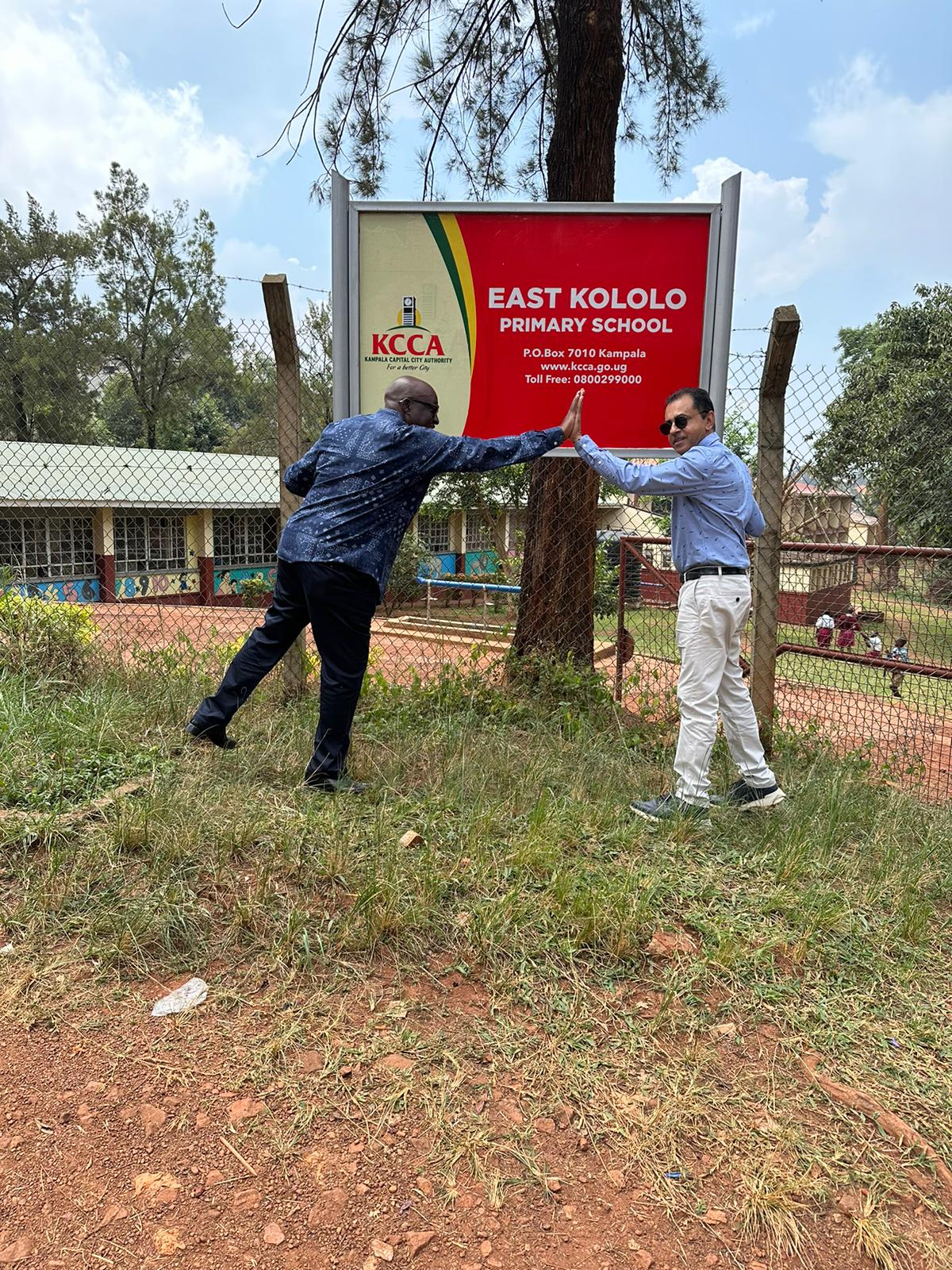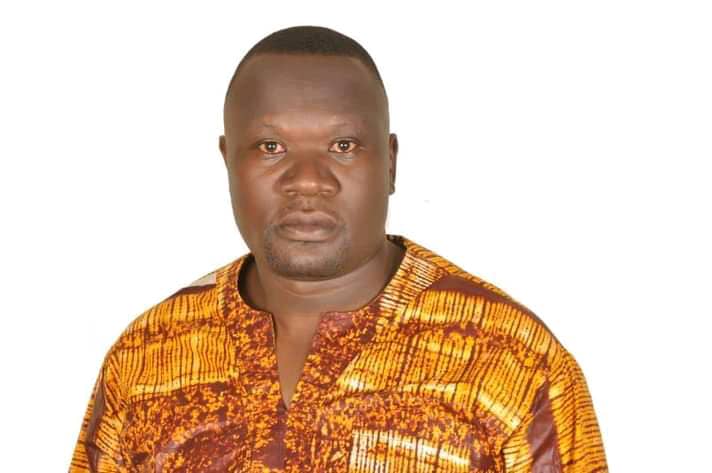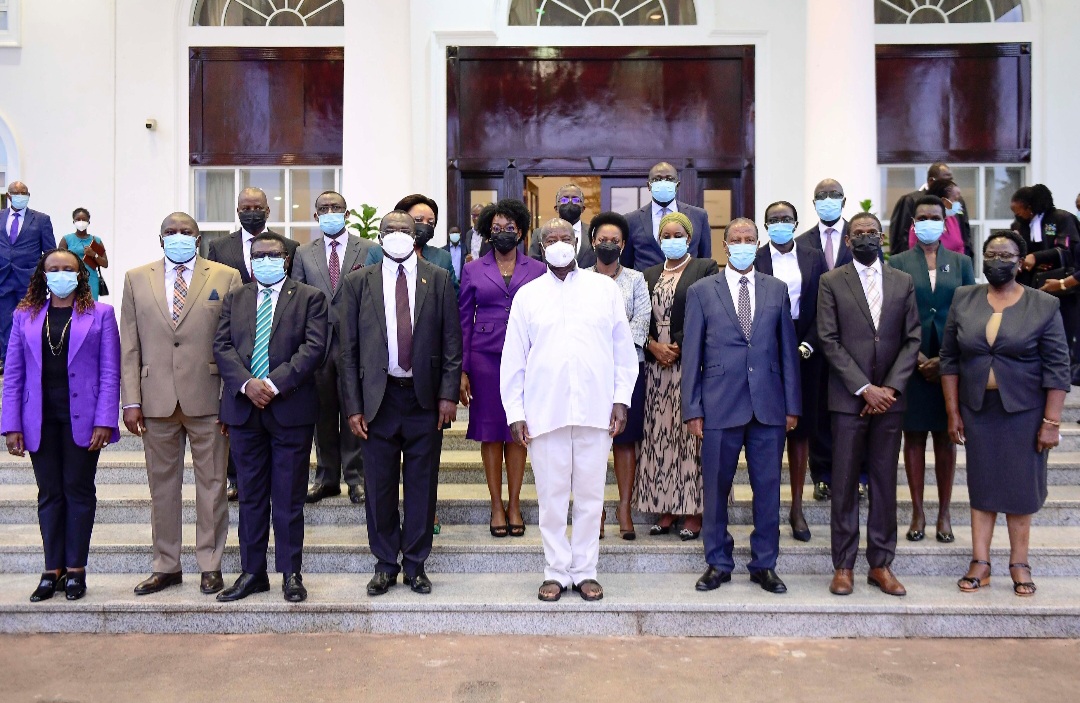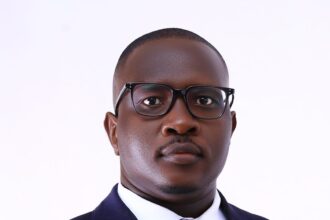Social media has become a powerful catalyst for rekindling cherished relationships that once seemed lost in the annals of time.
In 1971, when both Mr. Kesavan and Mr. Mugamba were both about ten years old, there came the Idi Amin regime and the subsequent expulsion of Asians. The directive had far-reaching implications.
Uganda’s school system suffered, in part because the majority of teachers in most institutions, particularly in high-end schools, were of Asian descent.
Unni Kesavan and Joseph Mugamba’s friendship had something special about it at such a young age. They shared common hobbies, such as sports, movies, and vehicles. They also collected stamps and coins from around the world together. Above all, they were next door neighbours in a street in Kololo and attended the same school, East Kololo Primary.
Without internet, they lost touch completely.
The nostalgia of long-lost friends often lingers like a whisper, tugging at our hearts. This experience was not any different for Kesavan and Mugamba.
After 50 years passed without contact, one day, out of curiosity, Mr. Mugamba, who is now a Behavior Management Consultant at the ARC of Southern MD, a non-profit organization in Maryland founded in 1975, took to LinkedIn and searched for his long-lost childhood friend.
With much hope he reached out to someone with the name of his friend and, saying, ‘’Did you live in Kololo, Kampala, in the 70’s, go to East Kololo Primary when you were little, and then moved away?’’
Mr. Kesavan replied ‘’ Hi Joseph, yes, this is Unni and I remember you. I am so glad we are in touch again.’’
The two friends couldn’t conceal their joy.
Last week, Mr. Kesavan, the CFO and currently Acting CEO of Solomon Water, a state-owned firm, flew from Australia and Mr Mugamba flew from the United States to meet up in Kampala.
”It was amazing how quickly we re-established our relationships, swapped experiences, and reminded ourselves of what we had forgotten,” Kesavan said.
‘’It’s like nothing had changed. We have been separated for 50 years. As 10-year-olds, we were best buddies. We are still buddies after many decades. We took time out off our busy schedules and flew thousands of miles to see each other again. That says a lot, he added.
Mugamba had this to say: “I was excited, but I wasn’t sure he was the one. I tried to recall his exact appearance. LinkedIn literally reunited me with my childhood best friend after more than 50 years.”
East Kololo Primary School Kampala five decades later
The two could not afford to return to Australia and the U.S. without visiting their former school, East Kololo Primary School.
Last week, they were excited to see that the school that shaped them still exists. “Yes, this is my former school, said Kesavan as we approached the gate of the school.’’
Their tour included the head teacher’s office and the classrooms. They also identified their favorite hangout places during their free and play areas.
”Back then, each class had five streams: A, B, C, D, and E,” Mr. Mugambe recalled. ” The learning environment was excellent. We had fun. We had excellent teachers’’.
However, the two reunited pals were also concerned about the school’s fate. It has now become a shadow of its former self. In the recent past, some public schools in Kampala have been given out to private developers for commercial purposes. These include Shimoni Demonstration School, Nabagereka Primary School and Kololo High School.
Founded in 1930, Nabagereka was one of the oldest schools in East Africa. It had more than 1,000 pupils. Kololo High School was a very powerful school around the city but after its land was grabbed, it is now being hosted in a very small rental building with few students.
The notice board inside the head teacher’s office at Kololo East indicated that the school currently has a total of 197 pupils. Some classrooms are empty and have since been turned into stores. The classroom doors are very, very old and could hardly close. Some window shutters are broken and yet to be replaced.
‘’We are still pushing in a very difficult environment. You can see part of the school land was encroached on,’’ said an experienced female teacher, pointing at a building next to the school library.
They also took a tour of their former residences in Kololo, on Mackenzie Vale, where they used to live in the 1960’s and early 70’s.
They were impressed by the development and amused by the disorganization.
The two friends were relieved to learn that their former homes] remained intact.
“Growing up as a 10-year-old, Kampala was well organized. We enjoyed the best services. Trash was collected every Tuesday. The public works department maintained government houses. The city was well managed. There was also a city bus system. There were no floods. There was a proper drainage system,’’ Mugamba vividly recalled. “The houses in Kololo back then had the same design. They faced in a particular direction. There were no high walls. The place was generally clean and calm. It was strictly residential.’’
Starting in the 1950s, Kololo was an upscale residential area due to its central location in the city and the spectacular views that the hill offered. It was a popular location for diplomatic missions to Uganda, housing more than a dozen embassies and ambassadors’ residences.
During the 2000s, hotels, banks, hospitals, and other entities began to infiltrate the hill.
However, Mugamba says that comparing Uganda then and now would be unfair.
”Uganda had a population of 10 million people in the 1970s. Uganda now has 40 million people living in the same area,” he said.
Mr. Kesavan, who had not been to Africa, let alone Uganda, in the last 50 years, was astonished by the progress in Kampala.
“I left Kampala shortly after president Amin took over. Then life was okay. That is the image I still have about Uganda,” he said.
Plans for the future
Mr. Mugamba and his friend confessed that Uganda is their home, and that it moulded their fate.’
”Uganda has a special place in my heart. This year, I intend to retire. ,’’ said Kesavan, whose background includes banking and financial control, among other things.
“I work as a. Behavior Management consultant Unni is a Certified Public Accountant. The only way we believe we can give back to this country is to return and engage in our fields of expertise,” Mugamba stated. “We want to serve on boards and contribute towards the improvement of the country’s corporate governance. We want to use our rich and vast experience’’.
The two close friends also have plans to reconnect with other East Kololo Primary school boys of the 1970’s.
Mugamba Joe.mugamba@gmail.com and Kesavan unicorn.k7@gmail.com
Do you have a story in your community or an opinion to share with us: Email us at Submit an Article









